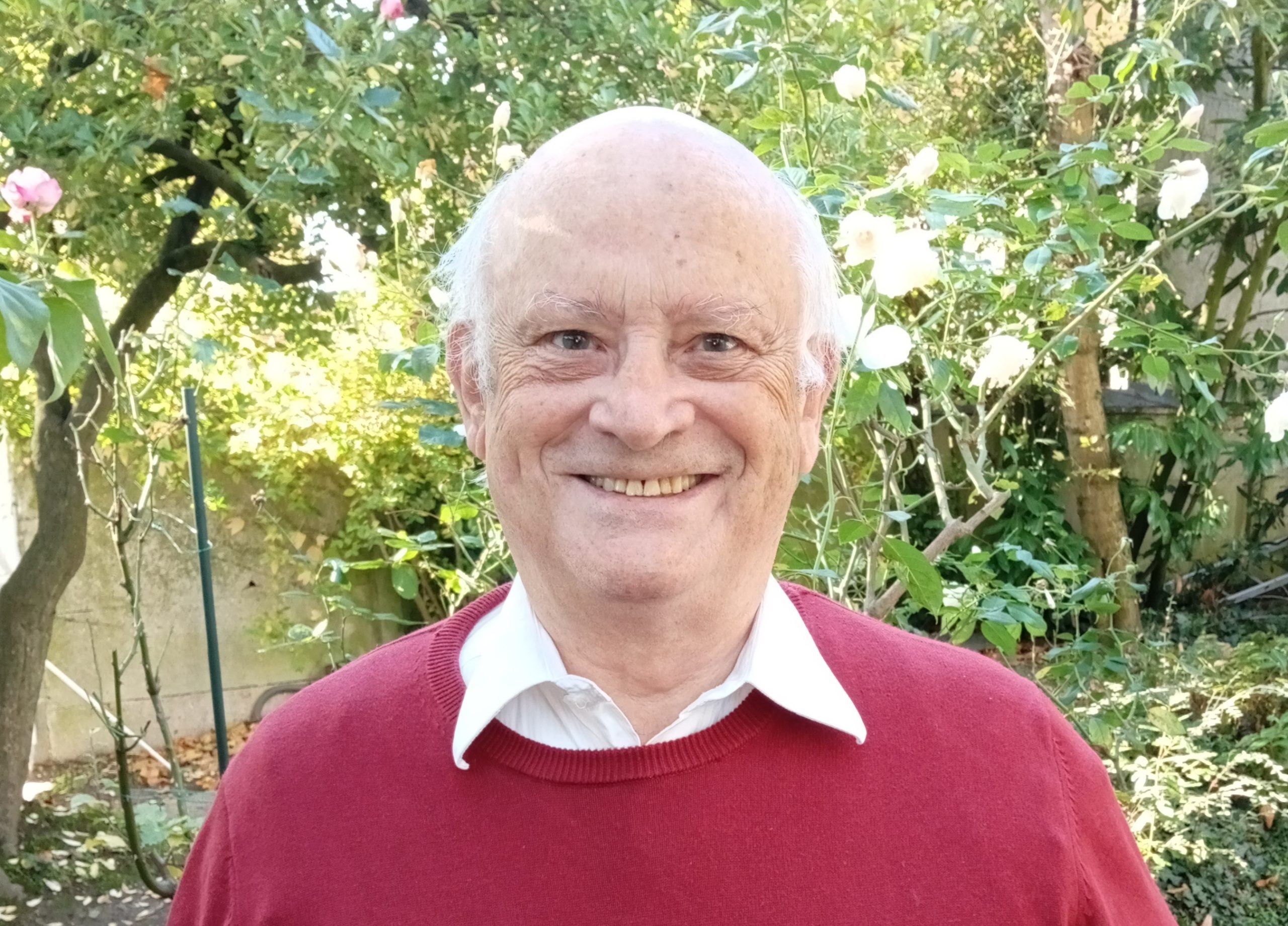For more than two years, I have been studying the cultural particularities of our time… and I have published several books…
First, « Contes et récits imaginaires de Bretagne intérieure » (« Tales and imaginary stories of interior Brittany ») was published, in 2018, by L’Harmattan editions, Paris. This book describes the culture of the poor peasants living in the center of Brittany, from which I come, by referring to the stories my grandmother told me when I was a child. Furthermore I recently produced a double audio CD named « Dix contes de ma grand-mère bretonne », in which are recorded « Ten tales of my Breton grandmother », which were quoted and commented on in this book. These works highlight cultural peculiarities, which certainly contributed to Brittany’s adaptation to the upheavals of the twentieth century. The peasantry was marked by openness to the supernatural, but above all by the valorization of work, tenacity and courage, the acceptance of poverty and the obligation to assume, alone, its survival, if necessary in expatriation, at the same time as the need for solidarity. In return, the Bretons were not encouraged to warm relationships and encouraged verbal fluency. This aroused confrontations with the French who considered the intellectual, criticism, reasoning, theories important, valued the sensitivity and elegance of the brilliant oral and written expression, sought security and accepted to depend on the authority of the central power. These differences did not prevent the Britons from defending both autonomous adherence to their own culture… and loyalty to France, for which half of the region’s young men gave their lives during the world wars.
Since this evocation of the past, I continued my intercultural reflections by analyzing what I observed in the thirty or so countries of Europe, America, Africa and Asia, in which I carried out economic and social projects during the last years. This led me to publish, at the beginning of 2020, at Cleyriane editions (Bourg-en-Bresse), a book entitled « Rencontrer les Autres… cultures autour du monde » (« Meeting the Other… cultures around the world »), in which I describe the reactions, beliefs, modes of reasoning and surprising uses that I have observed… and the impressions I got from these experiences. I thus cite multiple examples illustrating the differences, in the apprehension of time and space, in the valuation of the concrete or of ideas, in the importance accorded to the individual and to the community, in the acceptance of risks, in attitudes towards authority, in the concern for freedom or equality, in the acceptance of interpersonal criticisms, in the part of the implicit and the explicit in the exchanges.
I have finally tried recently a new step forward by projecting into the culture that will be needed to adapt to future needs, in a book called “Dépasser les antagonismes interculturels Un défi vital pour le monde” ( » Overcoming intercultural antagonisms A vital challenge for the world”, that was published by Editions L’Harmattan (Paris). At the outset, I take up the cultural characteristics of various societies, showing that their ways of thinking and behaving tend to oppose populations. But I also note that the cultures of peoples have always reflected adaptation to the context and have therefore evolved when it was transformed. I then try to discern what our cultures will have to adapt to, in the future. It is clear that we are, today, increasingly confronted with ecological, health and economic challenges, which threaten all nations simultaneously… and are likely to endanger the survival of humanity… These challenges are so complex that they can only be overcome if men unite their efforts. This supposes that the peoples come to understand each other and, therefore, overcome their cultural antagonisms…

Commentaires récents